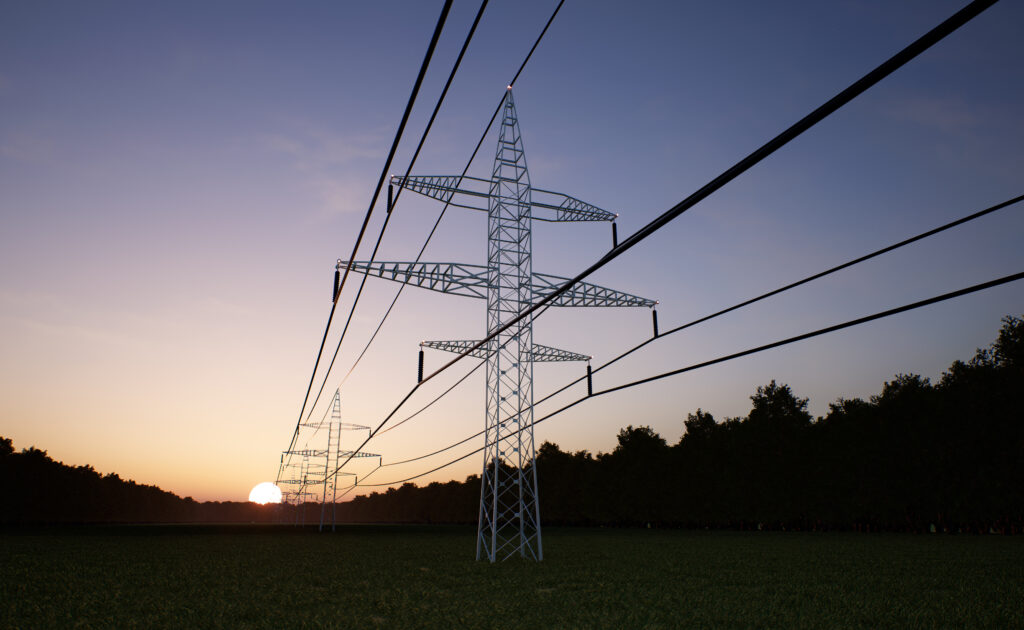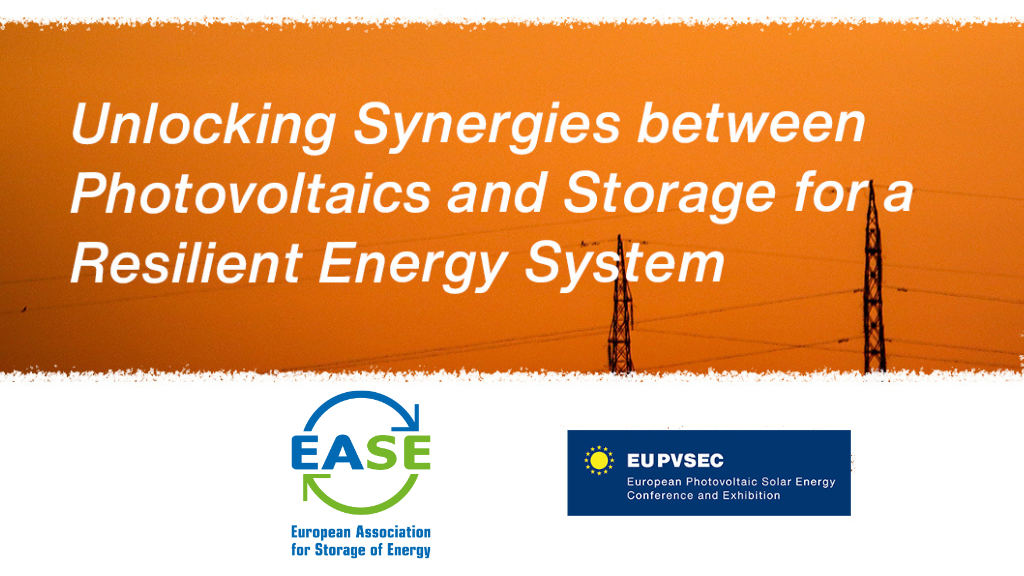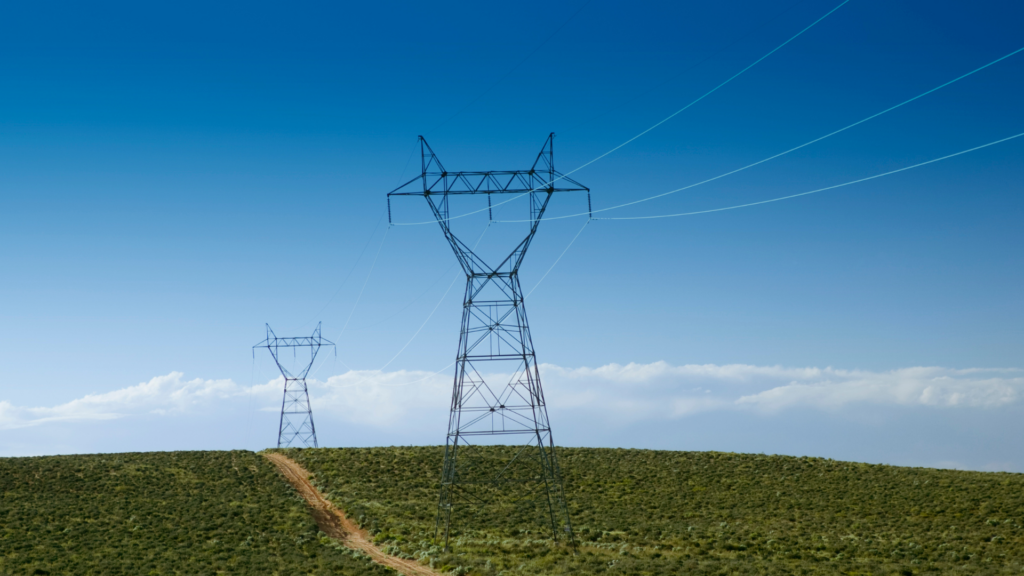01.06.2018 / News
Welcome On Board Fluence
We would like to extend a warm welcome to EASE newest member Fluence!
Thanks to Fluence for joining EASE in 2018! Discover more about EASE membership

The European Association for Storage of Energy (EASE) is proud to announce the launch of its third annual Student Award, recognising outstanding graduate student research in the field of energy storage.
We would like to extend a warm welcome to EASE newest member Fluence!
Thanks to Fluence for joining EASE in 2018! Discover more about EASE membership
The European Association for Storage of Energy (EASE) is proud to announce the launch of its third annual Student Award, recognising outstanding graduate student research in the field of energy storage.

EASE responds to the European Commission’s Public Consultation on the European Grids Package, calling for clearer guidance and obligations on flexibility assessments in planning processes. This includes common methodologies, improved DSO-TSO coordination, and enhanced grid connection procedures. Storage should be considered a standard resource for grid services and reflected accordingly in system planning, cost-benefit analyses, and network development scenarios.

The European Commission has recently launched a stakeholder consultation on its upcoming guidance regarding grid connections in situations where capacity constraints exist. In response, EASE urged reforms to tackle stalled “ghost” projects blocking viable energy storage. Key recommendations include a “first-ready, first-served” model, transparent grid data, and more flexible rules to accelerate the clean energy transition.

On 27 May 2025, over 200 participants attended the webinar on the "EASE Guidelines on Safety Best Practices for Battery Energy Storage Systems". The Guidelines are designed to support the safe deployment of outdoor, utility-scale lithium-ion (Li-ion) BESS across Europe.

Energy storage is a key enabler of the European Union’s decarbonisation and energy security objectives, yet current grid fee structures often act as barriers to its deployment. This position paper outlines critical challenges related to network tariffs and charges that create market distortions and discourage much-needed investments in flexibility.